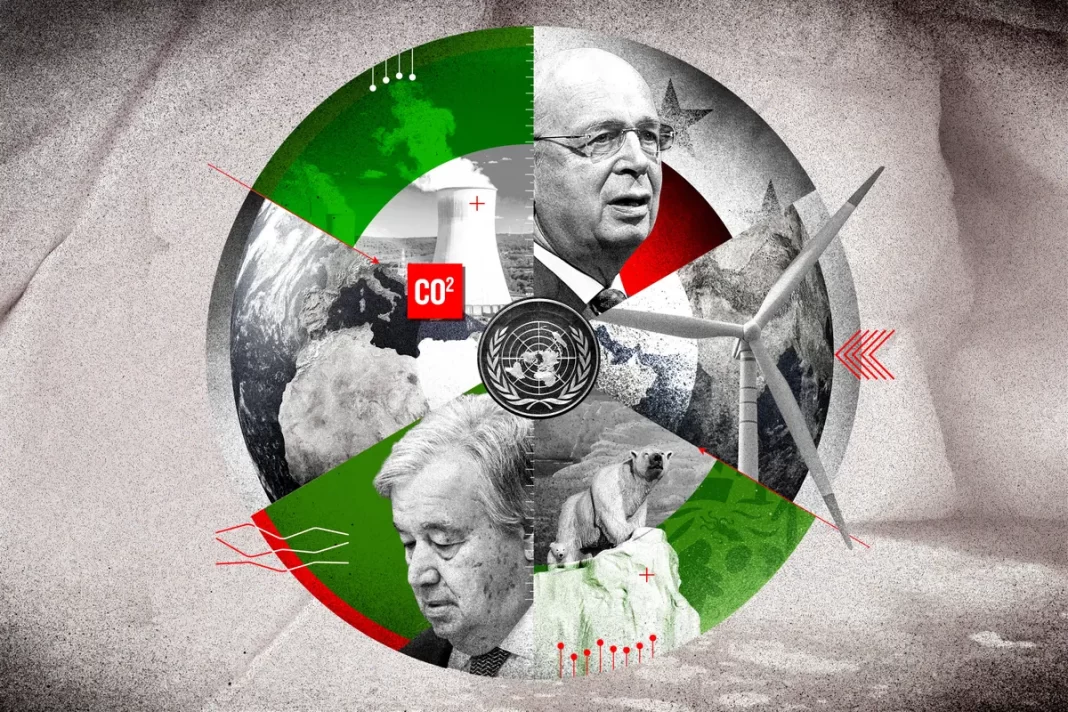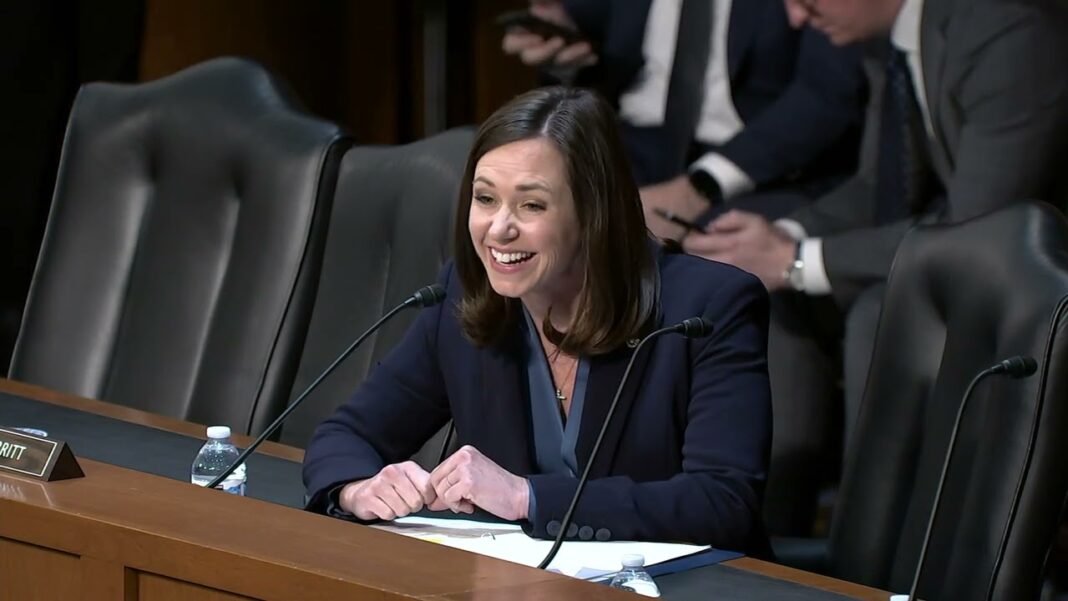The four candidates competing in the shadow of President Donald Trump engaged in the most heated debate yet.
With the Iowa Caucuses 39 days away, the final four Republican presidential aspirants vying for second place behind the absent yet dominant former President Donald Trump took the stage at the University of Alabama in Tuscaloosa for the fourth time this year to make their case to voters.
The wide-ranging and often combative exchanges between Florida Gov. Ron DeSantis, former South Carolina Gov. Nikki Haley, tech entrepreneur Vivek Ramaswamy, and former New Jersey Gov. Chris Christie may not have changed many already-settled minds, but did reveal that Ms. Haley’s polling surge has rivals—particularly Mr. DeSantis and Mr. Ramaswamy—zeroing in on her.
Yet by the end of the two-hour debate, it was Mr. Ramaswamy who was in the bullseye with Ms. Haley drawing an ovation for refusing to respond to his batting and Mr. Christie calling him “the most obnoxious blowhard in America.” Mr. Ramaswamy at one point told Mr. Christie “to get the hell out of the race” because he has no chance to win and is just taking up space.
Unlike the three previous debates, there was little restraint imposed on the audience, which hooted and hollered for their favored candidates. Ms. Haley, in particular, appeared to have a vociferous contingent of supporters in the room.
The debate ran a gamut of issues: electability, foreign affairs, COVID-19 vaccines, border security, immigration, election integrity, China, Taiwan, and, of course, President Trump.
Debate Opens With Tough Questions on Electability
The long night in Tuscaloosa opened with tough questions from Ms. Kelly for all four candidates—perhaps the sharpest aimed at them in the opening round of any debate this cycle.
“You were seen by many as the candidate most likely to consolidate the non-Trump field. But here we are a month out from the first real votes, and you haven’t managed to do it,” Ms. Kelly said in her opening question to Mr. DeSantis before pointing out that Ms. Haley is now ahead of him in South Carolina and New Hampshire while both are far behind President Trump.
By John Haughey and Nathan Worcester






